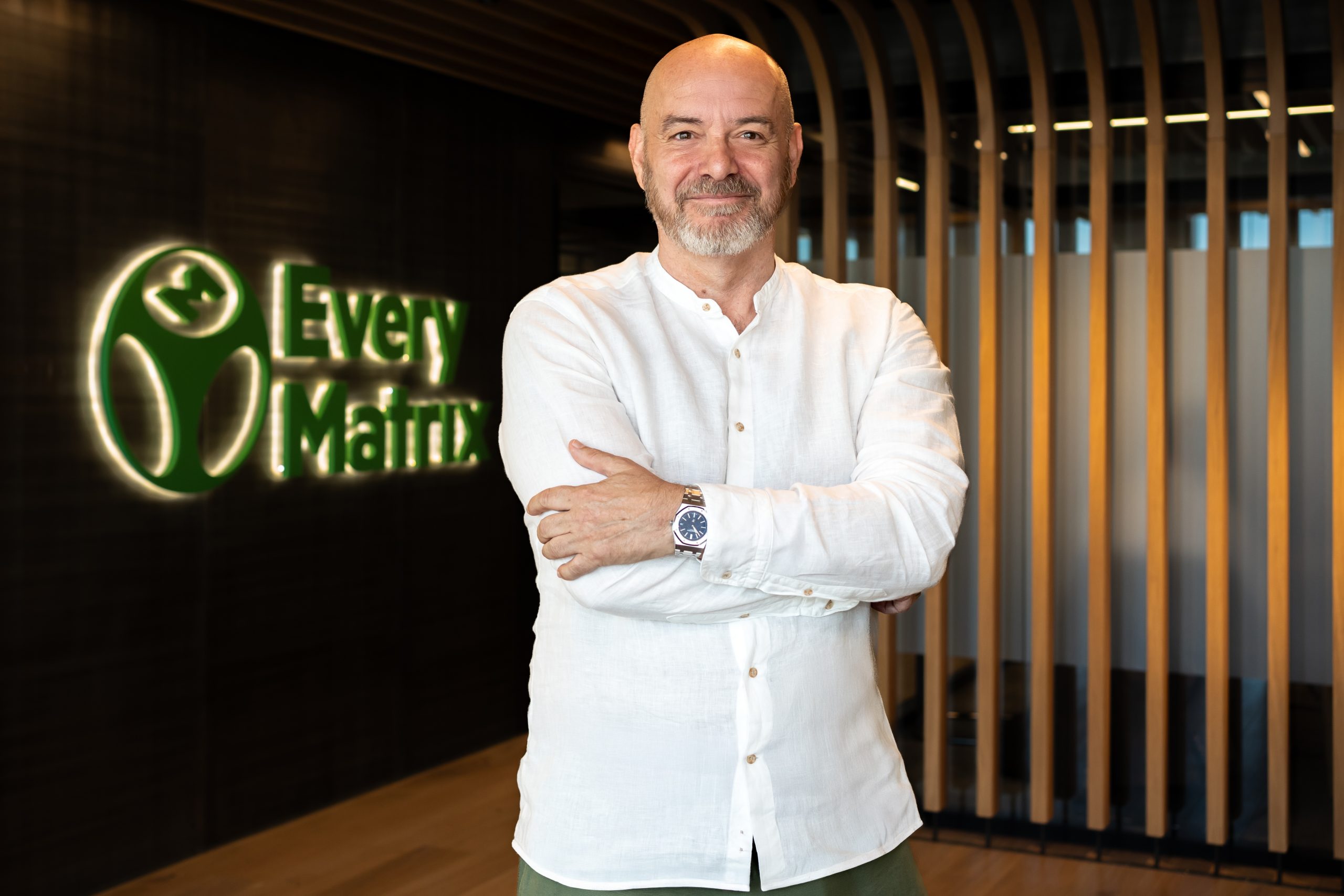EveryMatrix CEO on stripping back and why operator insourcing is no threat
Integrating two new acquisitions into an already freshly restructured business is a mammoth task, and one EveryMatrix found itself grappling with last year.
Having concluded a lengthy vertical integration process across its business, EveryMatrix group CEO Ebbe Groes says the company’s approach to absorbing new businesses changed.
The company acquired UK-based betting and iGaming platform FSB in an all-cash deal last July, and then Fantasma Games later in the year. Groes discussed those and other issues for EveryMatrix in an interview with iGB at the supplier’s new London office.
“We got technology in the FSB deal that was for sure superior to ours, but we chose not to retain it, as integrating this into the Matrix software universe was going to be an easy solution in the short term, but in the long term it would give us more headaches,” Groes tells iGB.

Instead, EveryMatrix sought to rebuild FSB’s technology within the business, in a project heavily influenced by the original FSB team.
“You will find ways where the match is actually not perfect,” Groes nods. “And you realise synergies you thought were there, and you maybe lose your way a little bit. When we are done [with the integration], we will keep absolutely nothing [of the technology], only the insights and learnings and the accumulated wisdom behind that [original] technology.”
EveryMatrix sees itself among the roster of tier one suppliers, and recent Q1 group revenue growth of 39% supports that position. This growth trajectory is also reflected in its operational growth, as the company increased its staff headcount by 36% in the quarter, to 1,311.
How much of a threat is operator insourcing?
When asked about the threat of operator insourcing, and whether the supplier pool is shrinking to only favour incumbents, Groes says the issue is being “massively blown out of proportion”.
Competing suppliers, like Kambi, have lamented the loss of key sportsbook clients due to insourcing tech. But the provider is now focused on diversifying its client base and making a splash in emerging markets to rebuild declining revenue.
Groes says this challenge exists primarily in the North American market, and it therefore does not threaten diversified suppliers.
“We’ve built a company basically with European revenues only. There are lots and lots of opportunities. Local heroes need to step up, and our job is to be there for them, whether that’s in Europe, LatAm, Asia, Africa.”
The key, Groes insists, is enabling clients to maintain some control over the front end of their third-party platform. Diversifying their product suite has also helped, of course.
